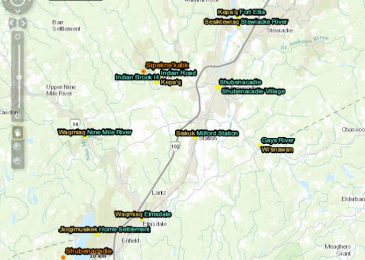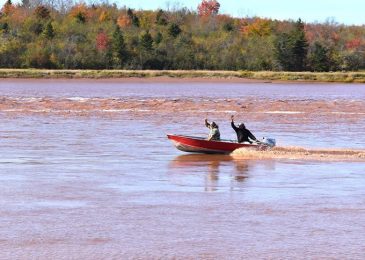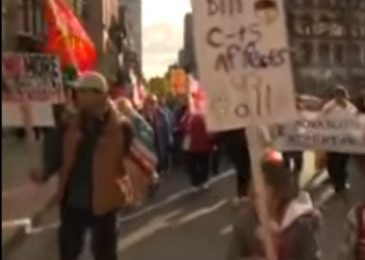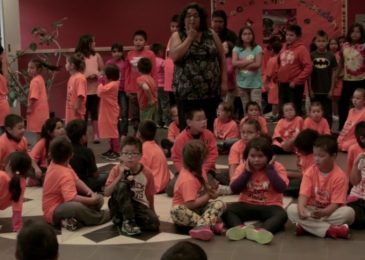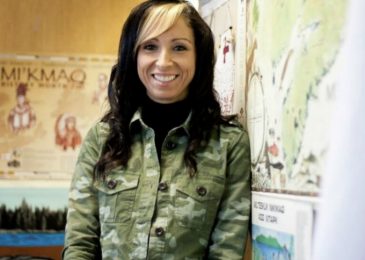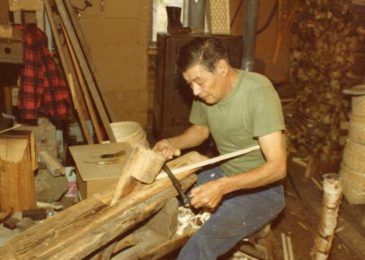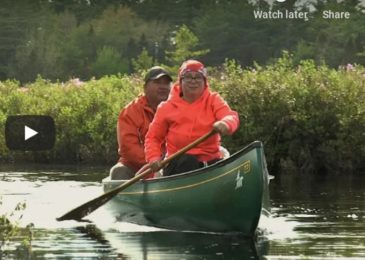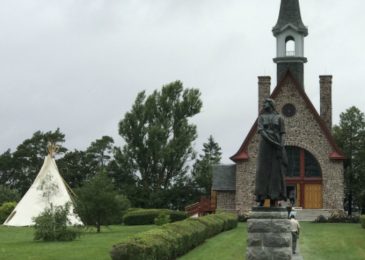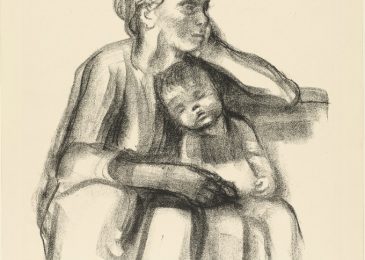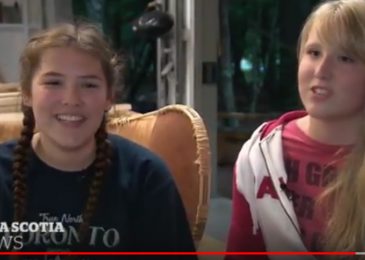Ta’n Weji–sqalia’tiek: Website explores deep Mi’kmaq roots in our landscape
Here is something I wrote in my Halifax Media Co-op days, about an interactive map exploring the deep connection between the Mi’kmaq people and the landscape of Mi’kma’ki, the place the Mi’kmaq never ceded and have called home since time began.

